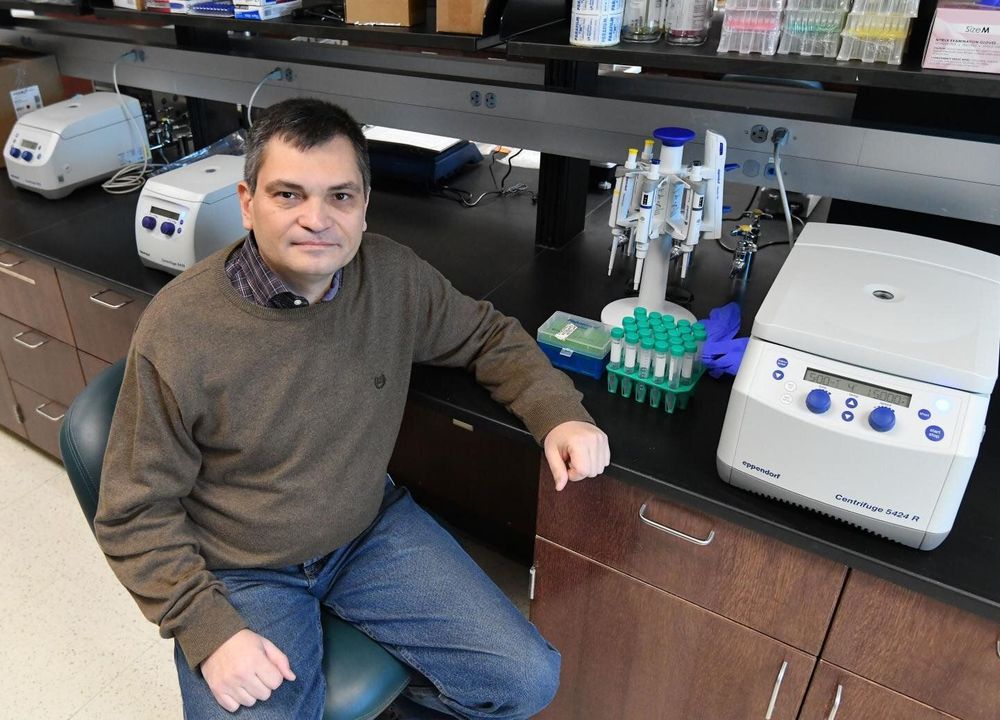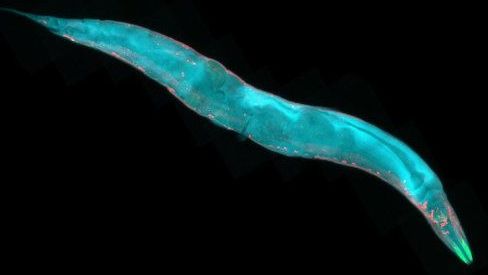
Findings from a recent research project, conducted by a Marshall University scientist and assistant professor in the Marshall University College of Science, with researchers in Texas, was recently published in the December issue of the prestigious online journal, Nature Communications.
Dr. Eugene Shakirov is studying the connection between ribosomes and telomeres in plants. Telomeres are the physical ends of chromosomes and they shorten with age in most cells. Accelerated shortening of telomeres is linked to age-related diseases and overly long telomeres are often linked to cancer.
Telomere length varies between individuals at birth and is known to predetermine cellular lifespan, but the genes establishing telomere length variations are largely unknown. The research being done by Shakirov, along with collaborators at the University of Texas at Austin, Texas A&M University, HudsonAlpha Institute for Biology and the Kazan Federal University in Russia focused on the study of the genetic and epigenetic causes of natural telomere length variation in Arabidopsis thaliana, a small flowering plant.


















